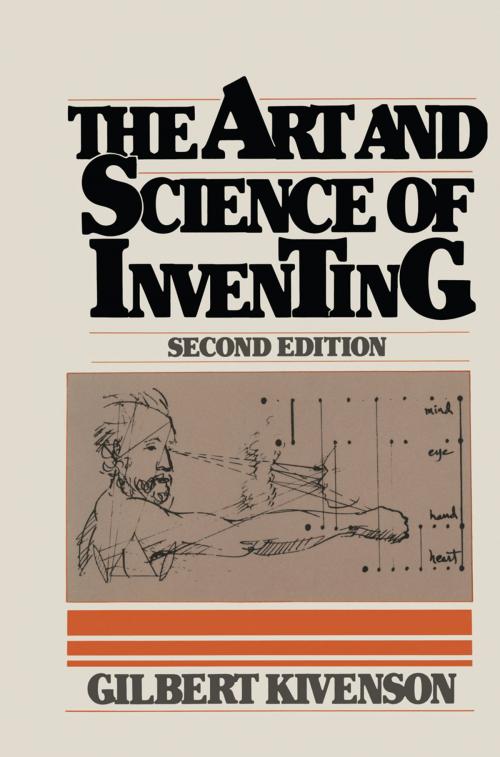The Art and Science of Inventing
Kids, Natural World, Nonfiction, Reference & Language, Education & Teaching, Science & Nature, Science| Author: | Gilbert Kivenson | ISBN: | 9781468466294 |
| Publisher: | Springer US | Publication: | December 6, 2012 |
| Imprint: | Springer | Language: | English |
| Author: | Gilbert Kivenson |
| ISBN: | 9781468466294 |
| Publisher: | Springer US |
| Publication: | December 6, 2012 |
| Imprint: | Springer |
| Language: | English |
The Independent Inventor Most persons have at some time in their lives invented somethin- perhaps a gadget for making some task easier or a method for increas ing the economy of an everyday operation. Aside from a certain degree of personal satisfaction, the great majority of these inven tions have never yielded their creators any amount of real return. In many instances, the fault has been with the inventor himself, who made little or no effort beyond writing down the bright idea. In a significant number of cases, however, the problem has arisen from a general lack of knowledge of what to do about a promising idea. The individual who works full time in a non-technical job usually has no guidance for proceeding in a logical, professional way towards effec tive development and utilization of his invention. Several other factors are responsible for the considerable waste we see in the handling of inventions. Perhaps the most significant of these factors is an incomplete awareness of prior art. A stenographer dreams up a device to facilitate the distribution of incoming mail. She feels that the idea is so simple that others must have patented it long ago and so she goes no further with the concept. At the other extreme is the garage mechanic who invents a new type of wrench.
The Independent Inventor Most persons have at some time in their lives invented somethin- perhaps a gadget for making some task easier or a method for increas ing the economy of an everyday operation. Aside from a certain degree of personal satisfaction, the great majority of these inven tions have never yielded their creators any amount of real return. In many instances, the fault has been with the inventor himself, who made little or no effort beyond writing down the bright idea. In a significant number of cases, however, the problem has arisen from a general lack of knowledge of what to do about a promising idea. The individual who works full time in a non-technical job usually has no guidance for proceeding in a logical, professional way towards effec tive development and utilization of his invention. Several other factors are responsible for the considerable waste we see in the handling of inventions. Perhaps the most significant of these factors is an incomplete awareness of prior art. A stenographer dreams up a device to facilitate the distribution of incoming mail. She feels that the idea is so simple that others must have patented it long ago and so she goes no further with the concept. At the other extreme is the garage mechanic who invents a new type of wrench.















